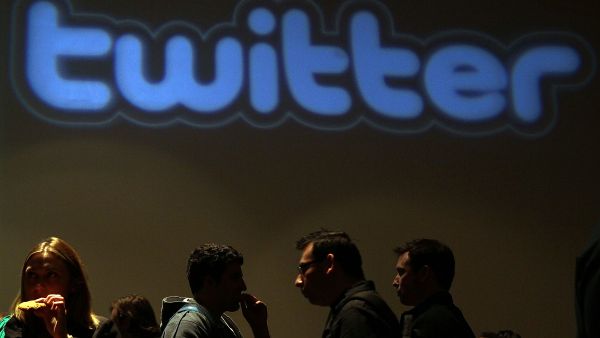My Twitter account says that I have been tweeting since 2009, but only since things started hotting up around this region that it has become ‘uber' active.
Two years ago I was way behind some of my colleagues who were into this new social media. All I did at that time was send out tweets like, ‘Writing my column, sitting and waiting for inspiration'.
"It's for teenagers, grow up" said my wife one day when she found me bent over my smartphone.
It got deadly boring after a while texting out these 140 character messages as it seemed like I was talking to myself. I had only one follower and I don't know how she found me as I am not using my real name.
I realised that being anonymous defeats the whole purpose of being on a social networking site. Still, I did not change the name of my virtual avatar as it had a zing to it and I felt that being anonymous gave me more leeway to be more open with my tweets, even though I was saying inane things.
[The other silly thing many people do is block their twitters, keeping them open only for a select few of their friends. That definitely does not get you any followers.]
Then came news that some tweeps were in trouble for saying things which they should not have been saying. I suddenly lost interest.
Watch your words
Recently, Nir Rosen, a foreign correspondent, had to apologise profusely and resign from being a fellow at the NYU Centre on Law and Security, after he was flooded with tweets complaining about his crassness.
He had made an insensitive comment about the brutal, sustained attack on CBS reporter Lara Logan during the celebrations at Tahrir Square. [CBS decided to come open about the attack and sent out a picture of the reporter, surrounded by revellers and looking scared, moments before the horrible attack.]
This brought home the message that shooting off short messages into the ether still requires some responsibility since somebody somewhere will read what you write.
Star status
Four things brought me back on Twitter. One was that I found out my boss was on it, which made me curious; why was a print journalist on this social media. Incidentally, he is a Twitterati, an elite Twitter whose feed attracts plenty of followers.
The other person to follow is Sultan Al Qasimi, a non-resident fellow at the Dubai School of Government. Amazing guy, who once was on the go for 14 hours non-stop feeding Tweets on the fast-breaking events in Egypt.
[Strangely, many print media journos still dismiss Twitter as irrelevant to newsgathering and just a fad among celebrities.]
The second thing was one of the most fast-breaking stories I have ever seen, which had a satisfying swift ending; the plaintive cry for freedom from the people of Tunisia — who spearheaded the Jasmine Revolution. Its reverberations are still being felt today.
The third was when I read a blogger advising on how to make the most out of Twitter. Follow your interests, he said, and follow who you think will add to your interests.
The fourth was purchasing a smartphone. I now have Twitter on the go.
Today, I get my story ideas from the Tweeps whom I follow. I get my news fix on Twitter as soon as I wake up. When a recent storm hit Dubai, I could see pictures and videos sent by the people on the street watching it happen.
I am instantly connected to journalists across the globe. I have the World Health Organisation feeding me tips on my field of interest which is medicine and health.
I think I will eventually need to slow down and read a book or something. But that's sooo yesterday.
By Mahmood Saberi








